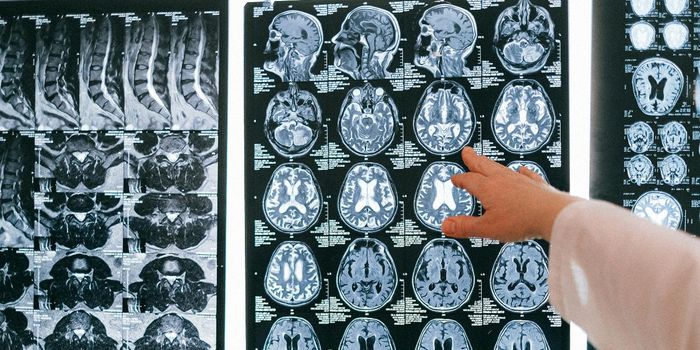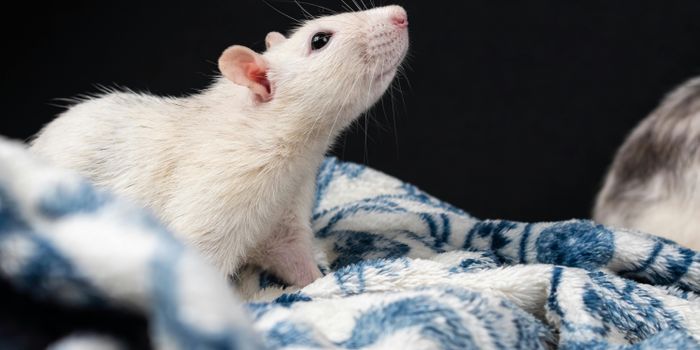Epigenetic Changes in Oxytocin Gene Influence Mother's Empathy
Researchers from the University of Fukui in Japan have found that methylation of the oxytocin gene OXT is linked to maternal personal stress.
Previously, scientists had found that high levels of oxytocin (the 'love hormone) predict sensitive parenting. One way that may explain how this happens is epigenetic change- the addition of a chemical or 'methyl' group to specific locations on a gene without changing its underlying sequence. In the present research, researchers set out to find out whether this is the case.
For their study, they examined how methylation of OXT, brain structure, and empathy are linked in others. As such, they measured OXT methylation in saliva samples from 57 Japanese mothers who were caring for at least one young child.
To do so, they used an MRI technique called 'voxel-based morphometry' to examine the brain regions related to OXT methylation. They also gave each mother a questionnaire to determine their levels of cognitive empathy (understanding of others' emotions intellectually) and affective empathy (feeling someone's emotion after observing their expressions).
In the end, the researchers found that high levels of OXT methylation were linked to lower brain volume in the right inferior temporal gyrus and higher levels of personal distress. They also found that brain structure did not affect the relationship between epigenetic changes to the OXT gene and empathy.
"This is the first study to find a correlation between DNA methylation of the oxytocin gene with empathy, and the first to link that methylation with both empathy and variation in brain structure," says Akemi Tomoda, one of the study's authors.
"Our study really helps to clarify the link between oxytocin gene methylation and parental empathy, as well as the effects on empathy-related parts of the brain. This understanding augments efforts to better understand maltreated children and contributes to their healthy development."
SOurces: Psychoneuroendocrinology, Neuroscience News









